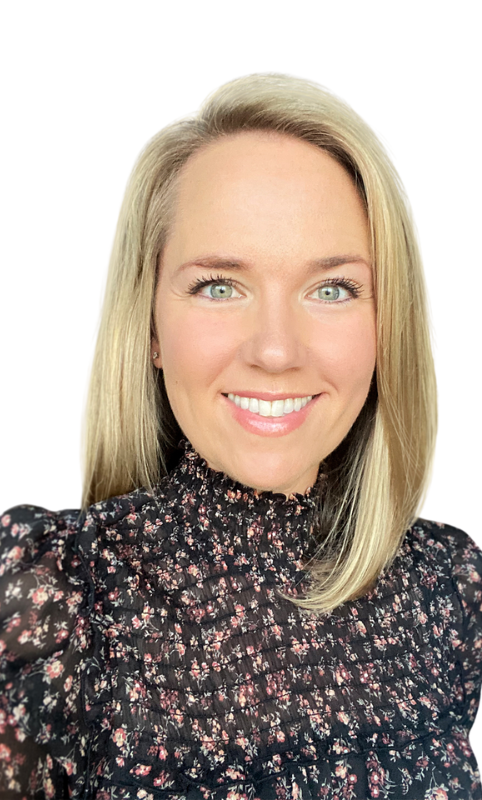It’s a movie scene that has become a meme: Peter Parker’s Uncle Ben, not realizing that his nephew is struggling with making the transition into superhero-hood, is worried about some unexplained changes in Peter’s behavior. He looks into the young man’s eyes and says, “With great power there must also come great responsibility.” The proverb becomes Peter’s mantra as he dons the Spidey suit and goes forth to fight crime.
Of course, one reason Uncle Ben’s words resonate so strongly is that we know they are true, on a fundamental level. And nothing makes us conscious of our responsibilities as effectively as the process of “adulting”: taking up the mantle of career, home ownership, and—probably most importantly—parenthood.
We’ve written previously about some basic “financial commandments” for those graduating from college or otherwise embarking on the early stages of a career. We mentioned the importance of budgeting, saving, controlling debt, and having the right kind and amount of insurance. And all of that is good advice, no matter what your age. But as you move farther into the life you’re building for yourself, the financial considerations begin to change, and some priorities begin to take precedence. Let’s take a look at some financial “musts” that can help you maintain the power you need to keep up with your expanding responsibilities.
Keep paying yourself first. There is no single habit that is shared by more wealthy people than the savings habit. Let’s face it: the key to accumulating wealth is having assets available for profitable deployment. If you’re living paycheck to paycheck and not putting something back for accumulation and future investment, you’re going to find it tough to ever get your money working for you, instead of the other way around. If you haven’t already, set a goal of building an emergency fund equal to 3–6 months of your current salary. Not only does that give you a financial “life jacket” in the event of a corporate downsizing, a major accident, or some other unexpected but serious expense, but it also insulates you from being forced to reach for a credit card when “life” happens. (And needless to say, avoiding debt is typically closely related to the ability to save and invest.)
Maximize tax-advantaged investments. While it’s true that taxes are one of the two “unavoidables,” it is possible to limit the effect that taxation has on your nest egg. If you’re fortunate enough to work for a company that offers a 401(k), 403(b), or other tax-advantaged retirement savings plan, you should do everything possible to make the maximum allowable contribution to the plan. And if you’re even more fortunate and you work for a company that offers a partial match on retirement plan contributions, never forget that when it comes to saving and investing, nothing beats “free money.” Even if you don’t have a company-sponsored retirement plan available, you can open an individual retirement account (IRA) and get the advantage of tax-deferred accumulation for your deposits. The keys here are the leverage provided by investment growth over time (with the added advantage of tax deferral). By the way, for those thinking about future educational expenses for young children, tax advantages can still be in the picture: by establishing a 529 education savings account, you can save for your child’s college, and the funds in the account grow with no impact from taxes. And, as long as the eventual withdrawals are for paying qualified educational expenses, no taxes are due on the distributions.
Get an insurance checkup. Especially for families with young children, protecting the source of income against the disability or death of a wage earner is essential. In calculating how much life insurance you need, you should think about costs like housing (whether rent or mortgage payments), debts that would need to be satisfied, childcare costs necessitated by the loss of a parent, and other expenses that would have been satisfied by the income of the deceased or disabled. A qualified, professional financial advisor can help you take a look at your overall financial picture and help you come up with a more accurate idea of how much life insurance you may need and how the policy should be structured to best benefit your family. But it doesn’t stop with life insurance. Though the number of uninsured Americans has fallen below 10% of the population thanks to the Affordable Care Act, there are still many—especially Millennials and younger—who do not have access to health insurance. And with the continued rise of the “gig economy,” this lack of coverage is likely to continue to be problematic. An unexpected medical bill could set your savings and investment goals back significantly and suddenly. Your best protection against such a calamity is dependable healthcare insurance.
At Mathis Wealth Management, we know how important it is to have the right financial strategy for successfully funding your most important goals. It’s vital for your financial plan to account for where you are in life and for the responsibilities you hold—to your family, to your career, and to your community. We also know that your financial strategy must be driven by your most important priorities; there is no “one-size-fits-all” financial plan. To learn more about our basics for financial success, visit our website to read our article, “Listening to Mom: A Financial Primer.”












